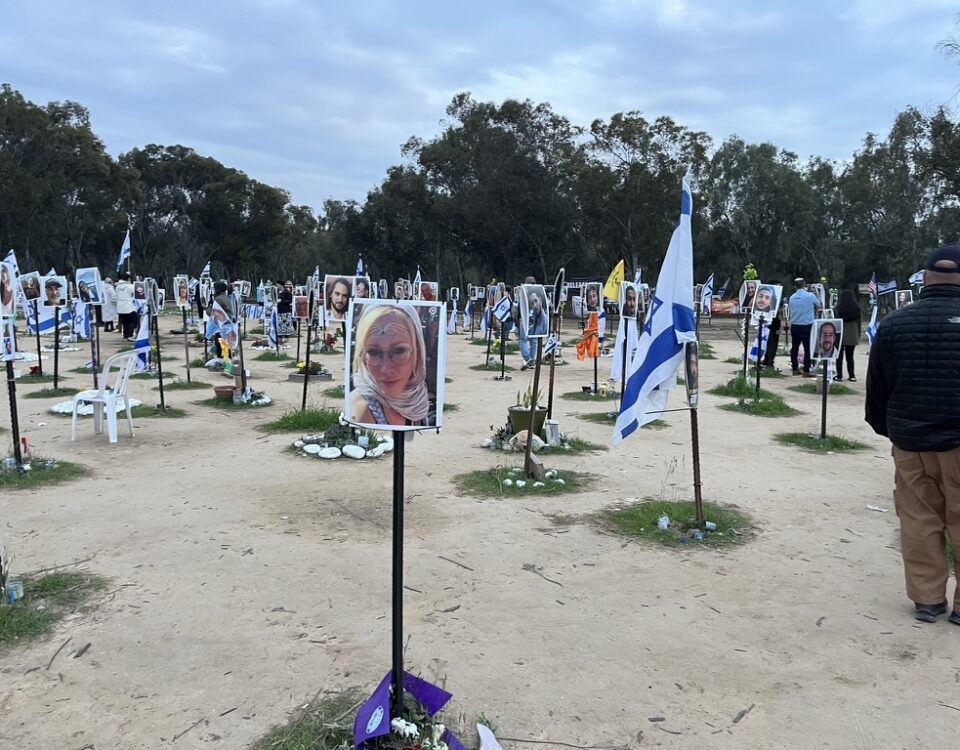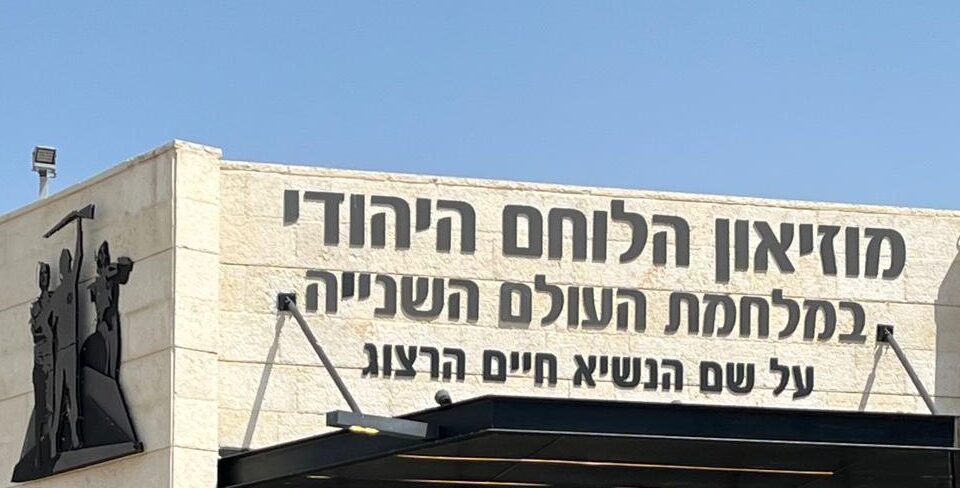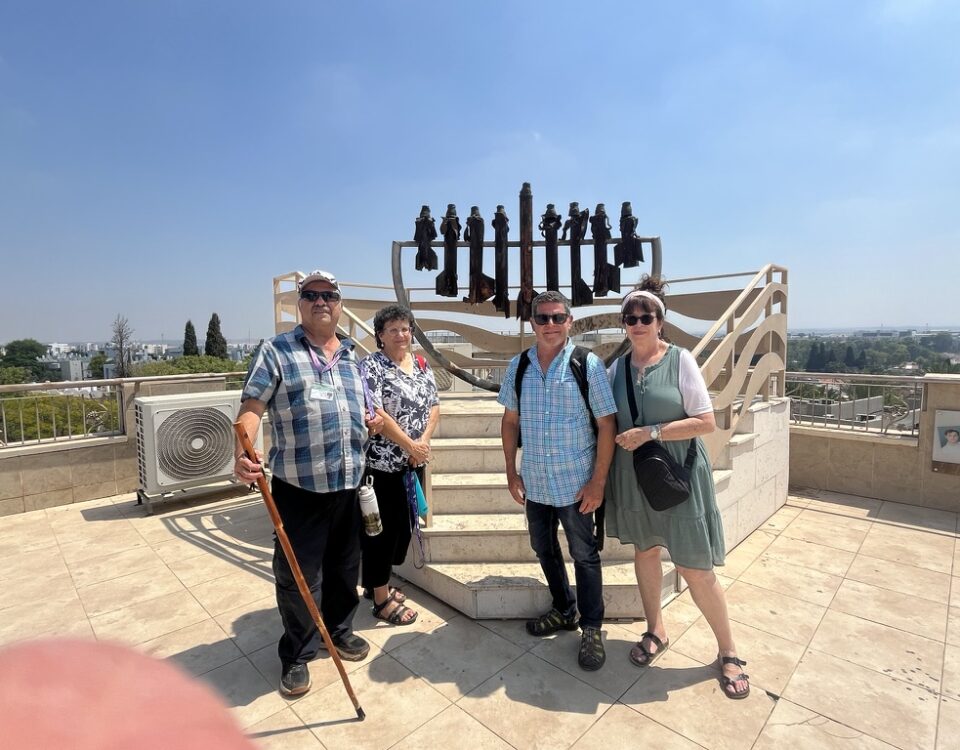Judges and the Police: A Biblical Perspective

Dynamic Israel Adventures
20 בJuly 2017
‘Tis The Time To Plant… And Also Sing!
13 בSeptember 2017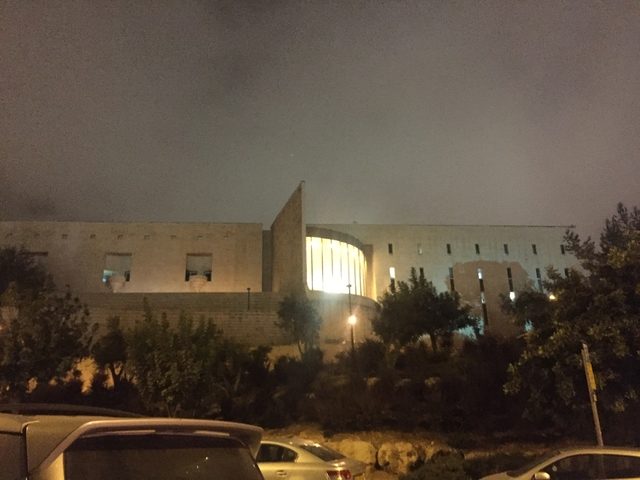
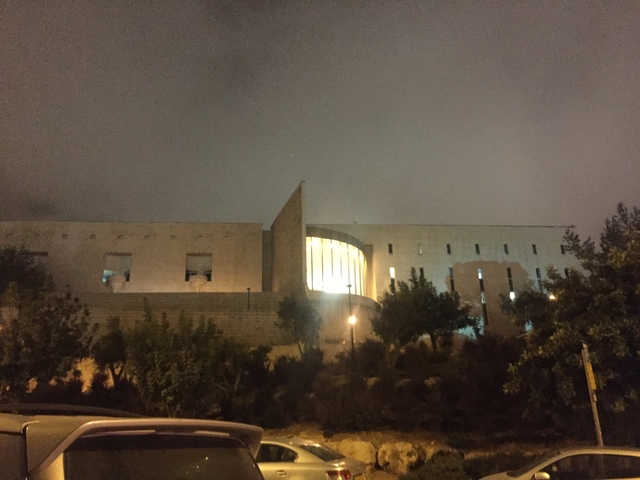
Recently I visited the new Israel Police Heritage Center, located just south of Bet Shemesh. Through tremendous exhibits the Heritage Center shows the history of the Israel Police;from the initial stages of creation and it’s continued development ..
Inscribed on the entry wall in Hebrew at the Police Heritage Center are the words from this weeks’ Torah Portion-SHOFTIM: “JUDGES AND OFFICERS shalt thou make in all thy gates” שופטים ושוטרים תתן לף בכל שעריך
Did you know that the Israel Police was originally established by Mrs Golda Myerson, a.k.a Gold Meir?? Are you aware that the Israel Police was officially established at the same moment that the State of Israel was declared? Perhaps even by the same stroke of the pen?.
These historical facts and much, much more are waiting for you to explore . Be sure to include the Israel Police Heritage Center on your next visit to Israel.
Have you ever visited the Supreme Court building in Jerusalem?Also a must see. The building was designed by Ada & Rami Karmi; a brother & sister architectural firm located in Tel Aviv. They researched throughout Jewish sources, to find out what Judaism says about Judges and laws. The answers they found and applied to the building design are from this weeks Torah Portion-SHOFTIM.
In reviewing Parshat SHOFTIM they understood that the LAW and Justice are two separate entities. The LAW is black and white. The Law cannot be denied, or said not to exist. If you transgress or violate a LAW, their will be a punishment. There is no way out.
Justice is different. To achieve justice, one must chase or run after it. You must constantly chase justice, for it is very hard to achieve. As it says in Parshat SHOFTIM (16:20)-“Justice, Justice shall you chase”
In the beautiful Supreme Court building, the chase for justice is symbolized by circles.
Really, both the Israel Heritage Center and the Supreme court are sites not to be missed. Put them both on your Israel Bucket List!
After visiting these sites, perhaps we now have a better understanding of the verses in this weeks Torah portion-SHOFTIM..
Who are the Judges and Police? What are their duties and functions? From where to they get the right to judge us or police us?
In the beginning of the Parsha (Chapter 17:8,9) the Torah states:”If you have a judgement, go before the Kohen, Levite, or Judge of those days”. Verse 10 continues and says that you shall follow their judgement from “a place chosen by the Lord”.
What does this mean? Does one go before one of these persons to be judged? A Tribunal of all 3? Where does this judgement take place?
It seems to me that the verses are telling us to go before all three-the Kohen, Levi and Judge. However, this tribunal exists only in the PLACE that God will choose-the Mishkan or Temple of God.
Since the LAW came directly from GOD the judgement must come from his holy representatives on earth;the Kohen,Levi,Judge. Anyone who purposely and actively transgresses the Holy word of GOD, as put forth by these three holy representatives, shall be put to death.
This is the setup in the Torah. This is the ideal court of judgement for when we are in the Holy Time and Place. As it says (16:9) “Bayamim Hahaem”- in those days.
What about in the meantime? what about now? Just like in the Olympics, the baton of law and justice is transferredfrom the Kohen,Levi,Judge to the King.
Our portion of SHOFTIM continues with the rules of appointing a King
Chapter 17:14 says: When you will arrive to the Land and settle there, you shall appoint a King.
Who according to the Torah can be a king?
A King , a leader of the people, does not come from a Kohen, Levi or Judge. He does not have GOD-LIKE status.. Rather he is to be a human being, who GOD shall choose ” from among your Brethren”. When a King sits on the throne,he is obligated to “write” the laws as if sitting before the Kohen,Levi,Judge. A King must follow all the laws of the Torah , as they are written. When there is a King he is the one responsible for keeping the laws and for dispensing justice. The Torah states (17:17) specific laws that apply only to a King. He should not have too many wives , horses, etc. Only when a human King follows the rules of the Torah in full, can he dispense justice to the people.
The Torah emphasizes (18:1,2) that while there is a King, and the people of Israel are in their land, the tribes of Levi do not have their own tribal portion. As such, they cannot dispense justice. Only a King who comes from amongst his brethren, from amongst the land dwellers, can be appointed by GOD to keep the laws and dispense judgement.
Today,we do not have true Kohen, Levi or Judges, and we do not have a King. However the words” Bayamim Hahem” still apply. Today the judges and police still have to come from ” amongst the brethren”; from the people. The Torahs’ concerns about a judge taking bribes, or swaying the judgements are applicable to a judge who is a human being and comes from among the people. Only persons who can refrain from taking bribes and swaying verdicts are capable of being appointed as judges, and dispensing justice. These specific concerns apply to judges in our time
What about the Police? What are their duties? Chapter 20:5 tells us the duty of the Police is to “speak to the people”.
In Biblical times the police persons’ duty was to warn and prepare the people before going to war. Their job was to speak to their hearts and understand their particular situation. The Torah directs the police with specific questions . Are they prepared to go to war? Do they have problems at home that would prevent them from fighting as they need to?
Have they finished building their home? Have they planted and cultivated their vineyards? Are they worried that if they are killed in battle, there won’t be anyone else to complete these activities? Are they worried that someone else may take their wife? Perhaps they should return home and not go out to battle!
Only after the Police in the Bible determined each persons situation, could they then appoint the military leaders and go to war.
Today, the police persons’ job is made up of many things. Watching over and protecting the population, traffic direction, enforcing the laws and more.
“Baymim Hahem”, Bazeman Hazeh -in our times..The official duty of the Police is to enforce the Law, catch the person who violates or transgresses the law, and and bring that person before a judge in a court of law. As I saw and experienced in the Police Heritage Center, the Police have many ways to collect evidence connected to the crime.
However catching the alleged perpetrator and collecting evidence is not their only job. The Police have to try to understand the person who committed the crime. The motivation, his/her reality in life, and much more info about the perpetrator is needed . Only after the police have collected the evidence and understood the nature of the criminal and the crime as much as possible, only then can the alleged perpetrator be presented before a judge.
Only then, can the chase after justice begin.

